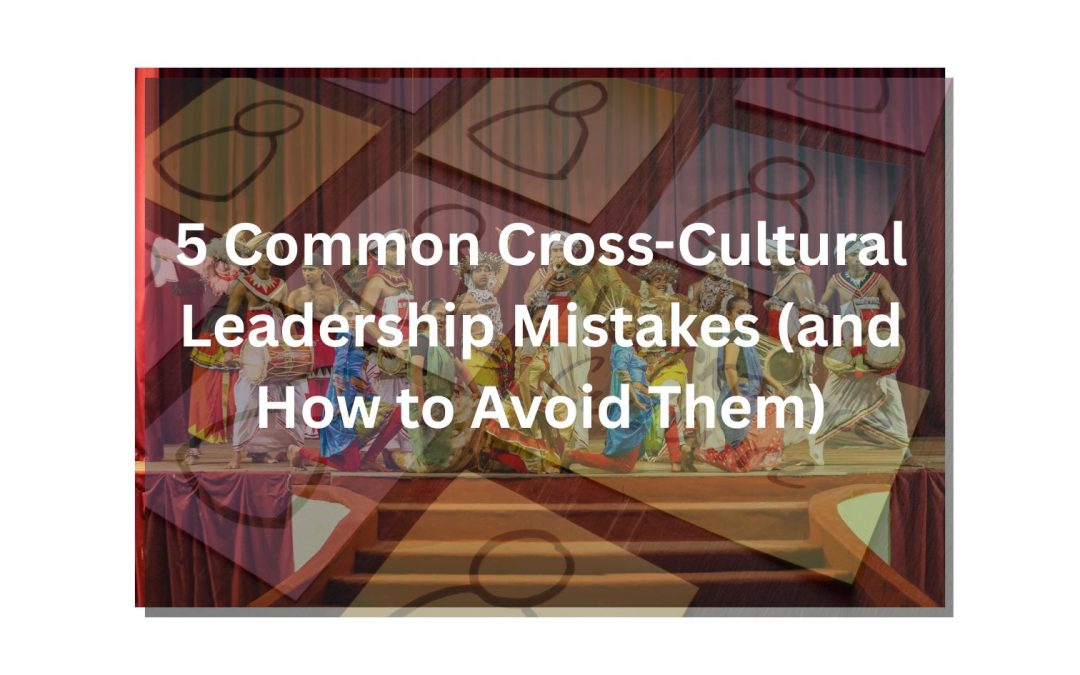Executive Summary
IATA has forecasted that passenger demand to double over 20 Years with the fastest-growing markets in Asia and Sub-saharan Africa. This is no surprise that the emerging and frontier market economies account for the biggest growth in the near future. This is great for the aviation industry.
This report is about the future cultural conflicts we identified when we looked at the aviation industry. Here are the key issues we see the aviation industry will need to look at:
- The new growth markets are all in cultures with little tradition for aviation. The entire culture around how to behave in an airport and in an aircraft is developed on European and North American norms and values. All the new growth markets have cultural norms and values that are very different. That will cause cultural clashes, conflicts, unsatisfied passengers, rising costs for the airlines and airports and tremendous pressure on airlines and airports to resolve these conflicts.
- Being overweight and obese will challenge airports and airlines in the future. In 1995 45% of the US population was overweight. in 2016 it was 73% Almost all countries can record tremendous growth in the number of overweight and obese people. A Harvard study suggests that over 57% of today’s youth will be obese at age 35. They will require more space and time in the airports and many of them will have difficulties fitting into modern economy-class seats. Dissatisfaction, complaints, negative press coverage and political pressure will be inevitable.
- Life expectancy is soaring in many parts of the world. In developed economies more and more elderly people are agile till very late in their lives, they have money and love to travel. But they require more time in the airports going through security and when boarding an aircraft. How will that be perceived by other passengers who are in a hurry to get to the gate as quickly as possible and de-boarding the aircraft as quickly as possible? A conflict between age groups is imminent. Costs for airports and airlines will rise too, but who shall pay?
This article covers the three cultural issues in more detail and provides recommendations for what has to be done.
The full and complete document is only available to Gugin’s clients
Please login with your Client ID and password
Gugin has the expertise to help your airline or airport develop a winning culture.

You might also like this
Learn more about how Gugin helps Airlines and Airports creating winning company cultures.
Book Dr Finn Majlergaard to inspire your leadership team
Book Dr Finn Majlergaard for a speech on how global and regional cultural changes will affect the aviation industry. You will also learn how you can turn these changes into new opportunities
You might also like this
Read how a bad company culture can cost an airline a huge part of its market value and reputation in no time

Dr Finn Majlergaard
CEO Gugin, Professor, Keynote Speaker, Author
- We align your corporate culture with your strategy.
- We take you safely through major changes in your organisation.
- We develop the crucial cultural intelligence in your organisation by training your employees and leaders
- We help you develop a competitive advantage with a unique corporate culture
Gugin has helped more than 600 companies around the world creating a winning corporate culture.

Why Fighting Climate Change has to be embedded in Corporate Cultures
Fighting climate change has to be embedded in the corporate cultures for a number of reasons. Learn why and how you change the corporate culture

How to successfully screw up a business meeting
It happens all the time - we screw up a business meeting. We have an important business meeting coming up (first meeting with mother-in-law included) and we need it go well. We are well-prepared. We know all the numbers forward and backwards, we have our sales pitches...

5 Common Cross-Cultural Leadership Mistakes (and How to Avoid Them)
Learn the top 5 mistakes leaders make when managing multicultural teams — and how to avoid them. Expert advice from Gugin’s cross-cultural leadership specialists.

Are the value statements on your corporate website real?
Sure! Here’s a more engaging, conversational, and personal version of your article, while keeping the original message and credibility intact: Why Your Company’s Values Aren’t What You Think They Are Let’s be honest—we’ve all been there. Sitting through yet another...

I just say things as they are…
I just say things as they are – is a phrase we often hear. It reveals that the person saying it has very low cultural and emotional intelligence

